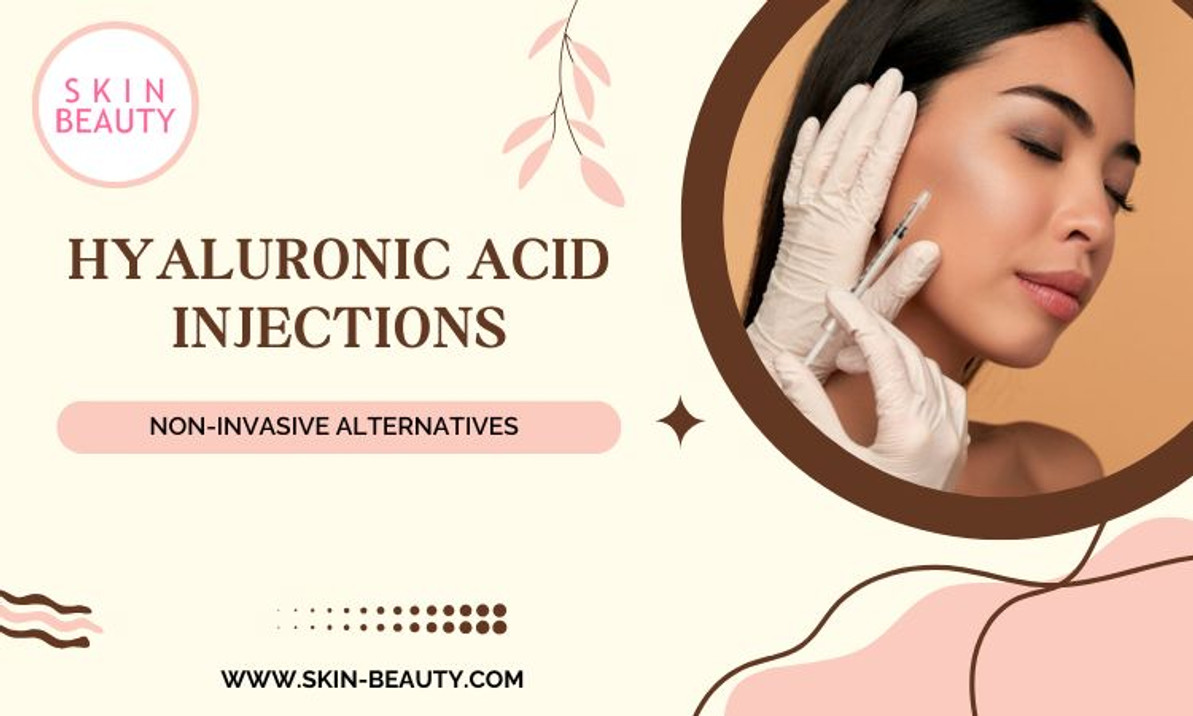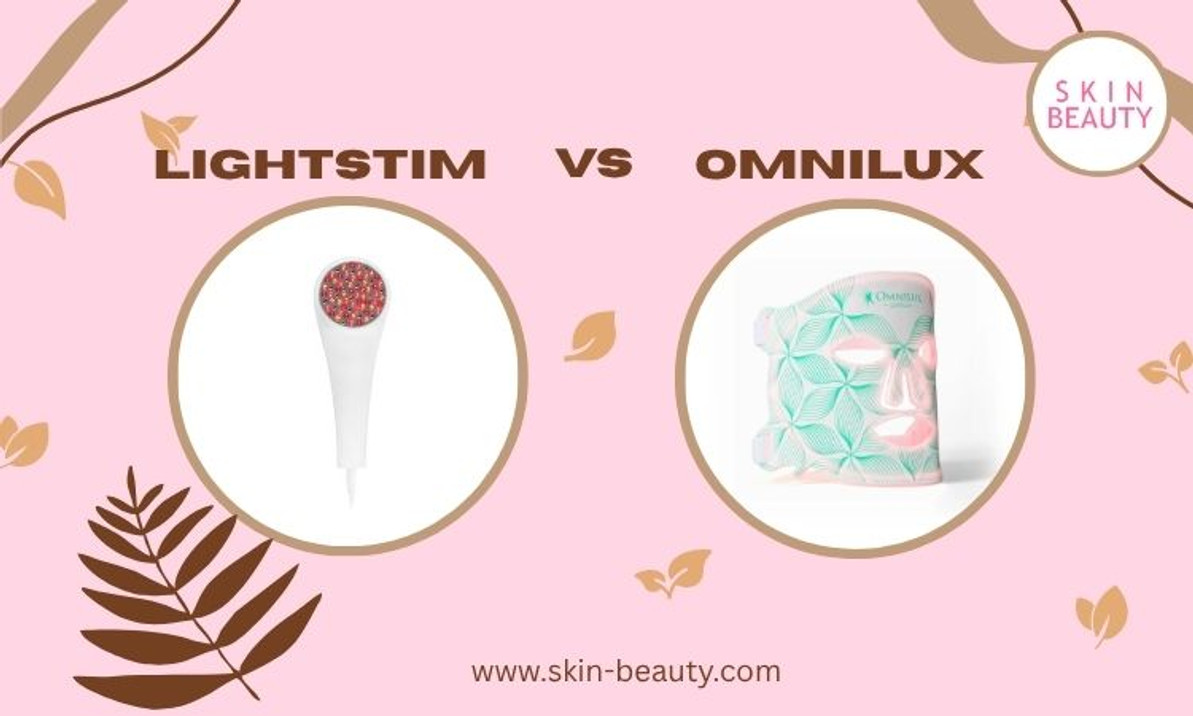Healing and Soothing Inflamed Red Skin
How does skin get inflamed?
Inflamed Red skin is a common condition that can be caused by a variety of factors. The most common cause is inflammatory skin disorders. You might also experience inflamed red skin due to sensitive skin. In other cases, skin inflammation may be caused by damaged tissue or a skin infection. Additionally, gut conditions have been linked to skin inflammation. Photosensitive skin is also more likely to become inflamed when exposed to sunlight. Finally, allergic reaction to substances like pollen can cause the body to mistakenly think it needs to attack healthy tissue. Inflamed skin can be uncomfortable and irritating but fortunately there are many treatments.
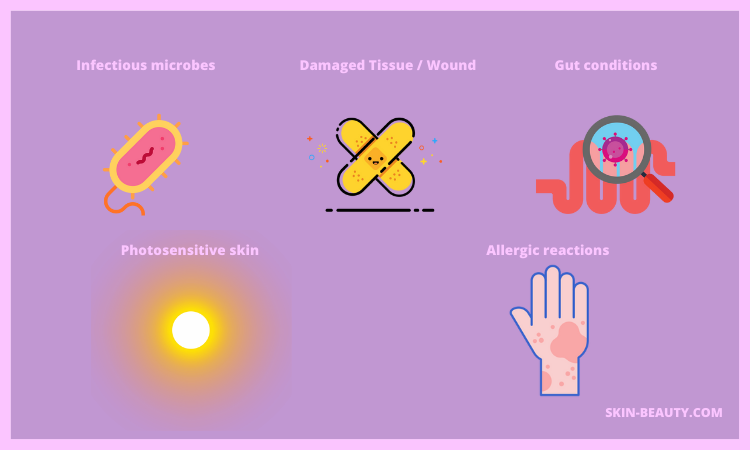
Signs of inflamed Skin
- The affected area may be warm
- Skin Redness
- Area could have a itchy rash and painful rash
- Skin could scaly patches or smooth
- Red bumps or pus filled blisters
How can I heal inflamed skin?
A cold compress
When your skin is inflamed, it can sometimes feel hot and sweaty. Swollen skin usually reacts well to cold temperatures. To help cool down this condition you should use a cold compress or bag filled with ice to reduce inflammation in the area where relief from pain would be most appreciated!
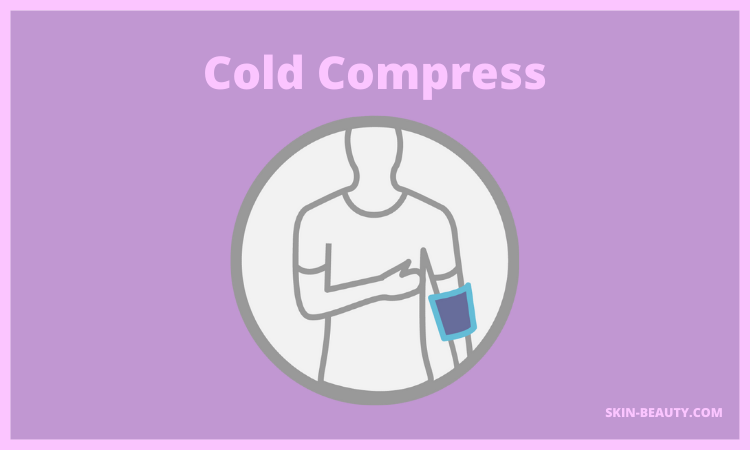
Avoid the sun
The sun is a powerful source of energy that can harm your skin if you don't protect yourself with hats, sunglasses and sunscreen. Some medical conditions, such as systemic lupus erythematosus, can make your skin more prone to burning or sensitivity when exposed to sunlight. Skin reaction to heat may cause heat rash. This occurs when sweat gets trapped within your pores, causing irritation and a heat rash. Prolonged exposure to the outdoors increases inflammation in already irritated areas which could lead to infection from bacteria or viruses.
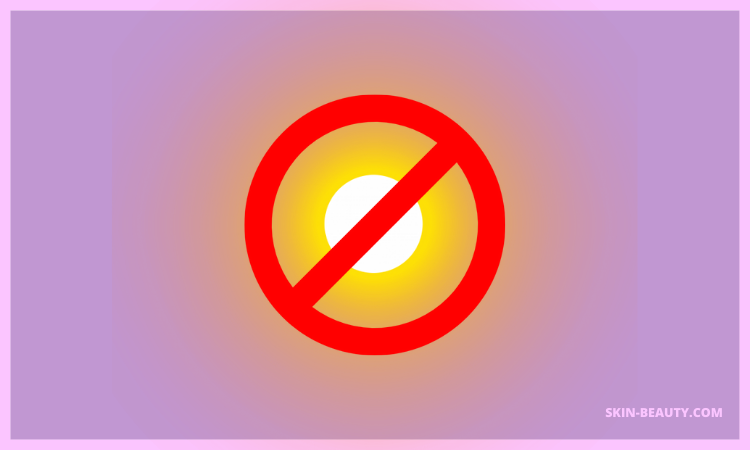
Aloe Vera
Aloe vera is a healthy ingredient when used on the skin. Aloe also contains compounds called aloin and anthraquinones, which help reduce inflamation and antioxidant benefits that can help alleviate pain and promote healing. It's best if you use fresh gel or 90% Aloe Vera on the skin.
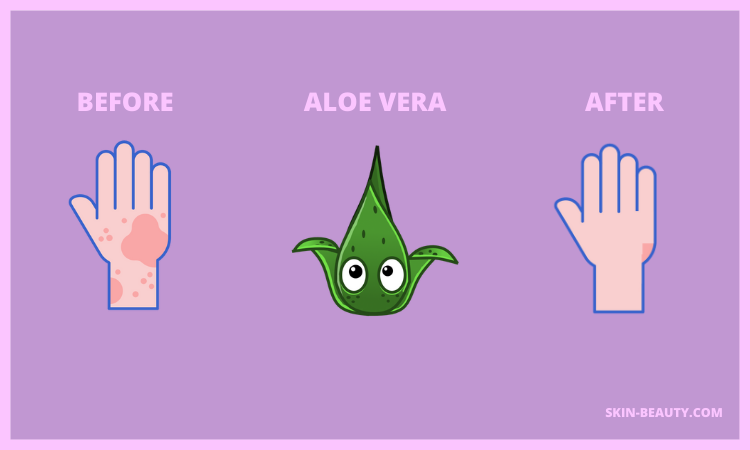
Use a natural remedy
Look for ingredients that naturally reduces redness and inflammation like oatmeal, green tea honey or cucumber. Use these to soothe your skin while its healing!
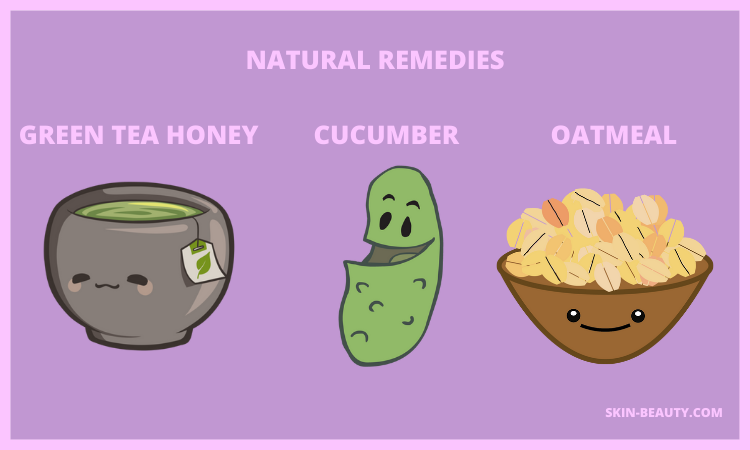
Wear comfortable clothes
When you are suffering from an inflammation on your skin, it is important to keep the area cool and reduce friction. You should use loose clothing that doesn't stick or rub against damaged areas of our body because this can cause further pain. Also check that the detergent or other product your using on your clothes aren't irritating your skin as well.
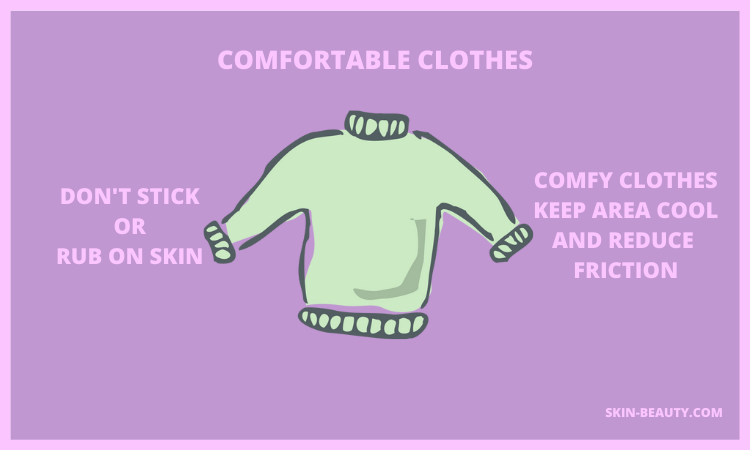
Check your diet
What you eat can make a huge difference in how your skin feels. Having a balanced diet will help your skin balance and help it heal.
To reduce red inflammation, try removing these from your diet:
- Processed meat
- Sugar
- Salt
- Dairy
- Sodas
- Fried foods
- Gluten
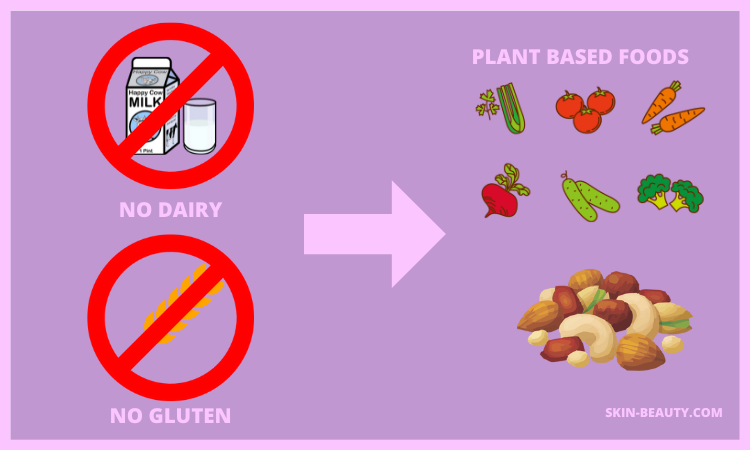
Consult with a doctor
If you are still experiencing no improvement after trying the above, see your dermatologist for a stronger anti-inflammatory cream or tablet. You might have a skin condition you are unaware of. This is a great way to get diagnose and find treatment for your skin.

How can I prevent inflamed skin?
Inflamed skin can be frustrating, uncomfortable, and even painful. The key to keeping your skin healthy and free from inflammation is to avoid triggers as much as possible. If you notice that certain foods or circumstances trigger inflammation, try healthy alternatives. For example, limit or eliminate animal dairy from your diet. Dairy products can contain hormones that can trigger inflammation, so opting for plant-based alternatives can help decrease episodes of atopic dermatitis. In addition, load up on anti-inflammatory foods. Fruits, vegetables (especially dark green, leafy ones), turmeric, flax seed, and tofu are excellent choices that can help prevent inflammation. Finally, make sure to get enough sleep.
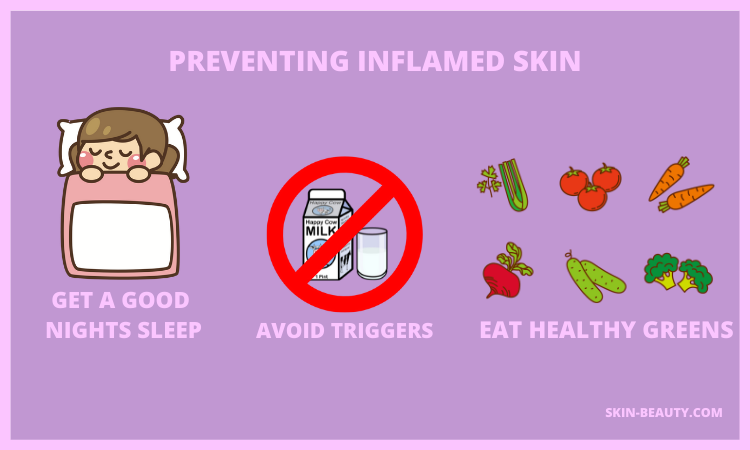
Recent Posts
-
Hyaluronic Acid Injections
Hyaluronic Acid Injections: What to Know & Non-Invasive Alternatives That Actually Work In the p …Jun 17th 2025 -
Kojic Acid Creams
My Kojic Acid Journey: How One Ingredient Transformed My Skin (And the Best Kojic Acid Creams to Try …Jun 11th 2025 -
LightStim vs. Omnilux
LightStim vs. Omnilux: My Real LED Skincare Results & Which One I Recommend LED light therapy&nb …Jun 3rd 2025


